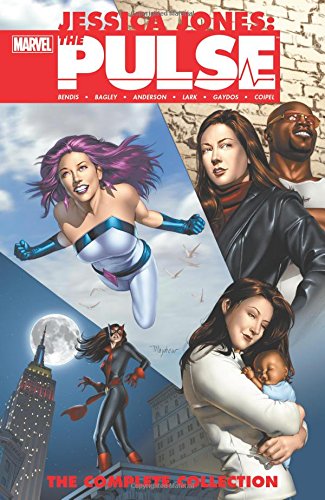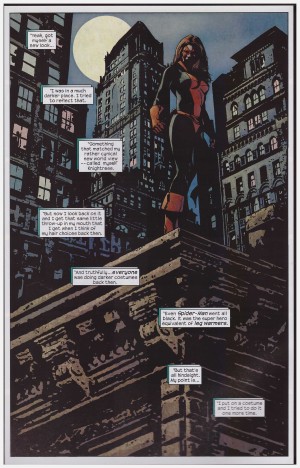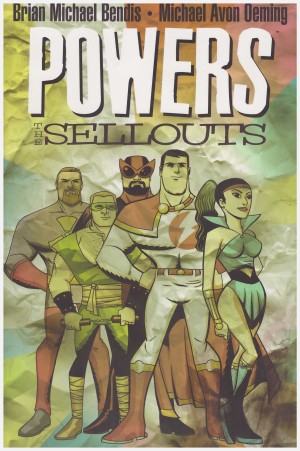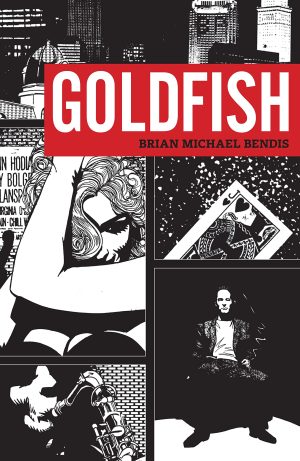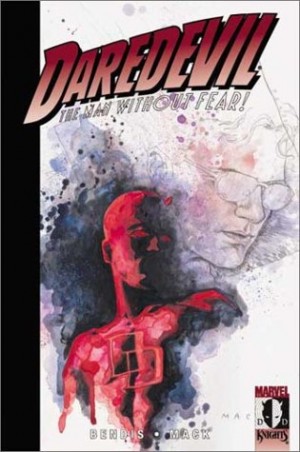Review by Frank Plowright
Has there been a more interesting character than Jessica Jones introduced to the Marvel universe in the 21st century? Once a superhero, then a private investigator, what made her so compelling was her self-destructive streak. The explanation of this in Alias: The Secret Origins of Jessica Jones, was magnificent, and from there we arrive at The Pulse, where a new door opens.
The series shifted Jessica from the bleak anything is permitted ghetto of the Max imprint into the broader Marvel continuity, and partnered her with experienced reporter Ben Urich working for newspaper the Daily Bugle. It proves to be an awkward compromise. Those entranced by Jessica’s previous dissolute lifestyle will find little evidence of it in this toned-down version, and the strength of Urich’s narrative possibilities are all provided by his career, not his personality. He has some fine moments, a conversation with Spider-Man early in the book, and a later investigation that leads him to an odd encounter with another superhero, but there’s little complexity to him. J. Jonah Jameson, by contrast, oozes conflicted complexity, and there’s plenty of him to begin with, but he gradually morphs into the background.
Jessica is, for most of this book, further distanced from her previous milieu by different art styles. We open with the bright superhero stylings of Mark Bagley, in what’s the best story overall, and close with the slightly more dynamic superhero layouts of Olivier Coipel, but in a particularly by the numbers Avengers story. In between there’s Brent Anderson, Michael Lark and four chapters of Michael Gaydos, who’s not at home with out and out superhero material.
This book gathers four stories, and while Bagley’s art may be the most obvious, it accompanies the most solid tale, collected in paperback as In Thin Air. The opener is strong on tension, consistent on character, features several excellent moments, and at no point does Bendis’ dialogue run away with him. It frequently does over the remaining content. It’s odd that an author of his facility and his love of movies, and the influence they bring to his writing has never realised how little dialogue there is in most films made after 1955.
However, there’s a case to be made for some very good sequences indeed outweighing the faults in most of the remainder. ‘Secret War’ is overwrought, and amid some fine moments puzzling over manipulation of the media, Bendis’ plot is serviced by having guest superheroes behave out of character. The closing chapter is Bendis sleep-typing, which leaves the story in which Jessica gives birth. The coda, in which she recounts her first meeting with Luke Cage, who’s prominent throughout, is a gem, and the trail followed by Urich very good, but there’s also content that if labelled ‘twee’ would be to understate matters.
Although considered The Complete Collection, this doesn’t live up to the billing. One issue of the The Pulse is missing. It was set during the world-altering events of House of M when a mutant society prevailed, and when Bendis re-introduced Hawkeye. It was a highlight of the series, and could easily have been slotted in with a paragraph of explanation about the surrounding circumstances.
What remains is a mixed bag, and anyone wanting to investigate Jessica Jones after she’s graced their TV screen is better advised to begin with Alias. If you’d prefer, the other paperbacks gathered here are Secret War and Fear.
